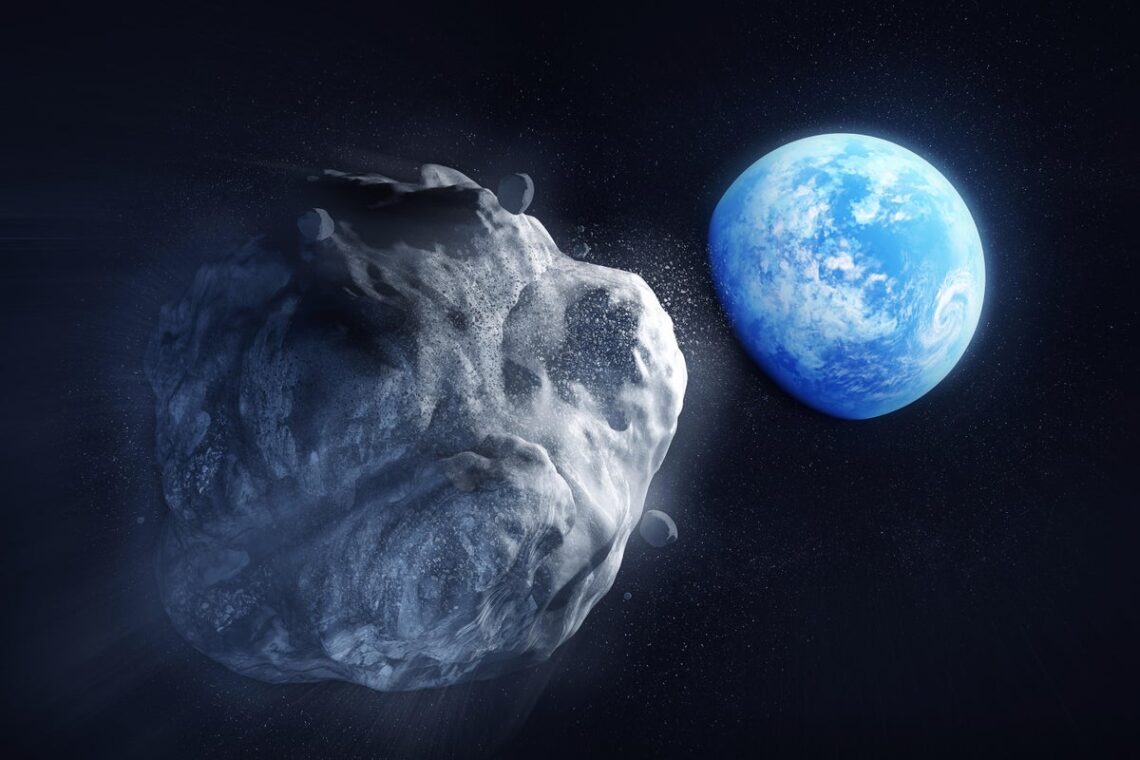In late December astronomers using the Asteroid Terrestrial-Impact Last Alert System (ATLAS) telescope in Chile observed a new asteroid near our planet. Dubbed 2024 YR4, the object—somewhere between 40 and 100 meters in size—was spotted on December 27. The asteroid’s closest approach to Earth, it turned out, had been two days earlier, when YR4 was about 800,000 kilometers from our planet, roughly twice as far away as the moon. “It was zooming right by Earth,” says John Tonry, an astronomer at the University of Hawaii. Such objects are not uncommon; there are thousands of asteroids of this size or greater in our region of the solar system. But this one warranted further attention to make sure it wouldn’t pose a risk to our planet in future.
Rather than ruling out an impact, however, follow-up observations have done quite the opposite. On January 27 a NASA service called Sentry, which monitors potential asteroid impacts by pooling together observations from telescopes around the world, upgraded the risk of Y24 to our planet to an unprecedented degree. YR4, it seemed, had a 1.3 percent chance of hitting Earth on December 22, 2032. This assessment corresponds to a threat level of 3 on the Torino scale, a metric that ranks the danger an asteroid poses to Earth on an ascending scale from 1 to 10. Two days later the European Space Agency (ESA) announced that it had estimated a similar impact risk, and as this story went to press NASA’s Sentry service had upped the impact risk to 1.6 percent.
The chance of an impact is still low. “There is a 99 percent probability that this is going to miss, and that’s what we expect to happen,” says Davide Farnocchia, a scientist at the Center for Near Earth Object Studies at NASA’s Jet Propulsion Laboratory. This is a higher impact risk to our planet, however, than that of any asteroid since Apophis, which, for a brief while in December 2004, was estimated to have a 2.7 percent chance of hitting our planet in 2029….
Read the full article here

